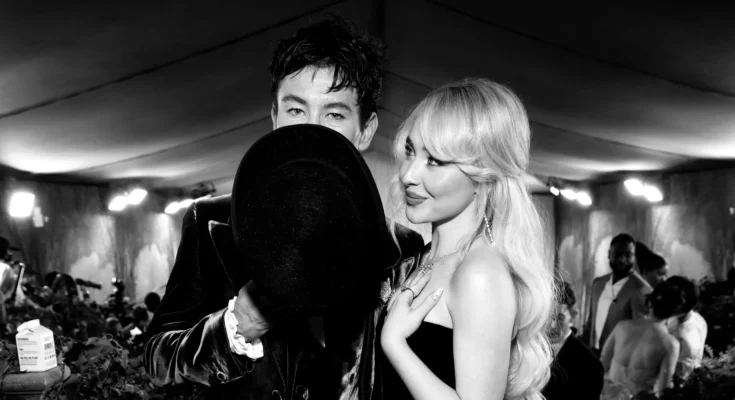t is not good to go back on a covenant, even one implicitly made and foggy regarding what would constitute a violation. Few monogamous couples, that is, get down to the brass tacks of chalking the contours—or, rather, the borders—of their coupledom, including those inclined to discuss their transition to exclusivity. (Seemingly gone are the days of D.T.R., or “defining the relationship,” as people my age once called it, popularized by the forgotten MTV teen drama “Awkward”; also lost to the wayside, going “Facebook official.”) Coupling up, especially among the straights, tends to leave a lot unsaid. “What’s understood doesn’t have to be explained,” as extremely online loveaholics will claim, even in an age of relentless communication, where a nudge in the form of a “high five” on Peloton may be—and not incorrectly—construed as a flirtatious overture. (Several months ago, Peloton quietly added an option to block someone, years after female users complained of harassment on the app.) Sex with others seems an obvious no-no—yet there are those who would, if forced into a hypothetical during brunch, much rather their partner sow a wild oat or two with some faceless hookup than cheat with their heart and mind, known as an “emotional affair.” With so many ways of being in touch, there are just as many ways to repeatedly betray the trust of a partner who didn’t anticipate the intrusion into their relationship of, say, disappearing Snapchat messages. In that sense, infidelity can be a lot like pornography (which, incidentally, is considered by some to be cheating): you know it when you see it. Forget about ever knowing another person inside and out; in relationships, we can rarely be said to know ourselves.
Whatever uncertainty hounds our personal attachments may be sublimated into pronouncements on the goings on between couples we will never meet. Bold conjecture is the posture of celebrity gossip, now sourced from People and people with Instagram accounts alike. And nothing cranks the rumor mill like something so pedestrian as a tale of two-timing. Lately, tabloids, and the Internet, have been preoccupied with the reported breakup between the twenty-five-year-old pop singer Sabrina Carpenter and the thirty-two-year-old actor Barry Keoghan. Shortly after People shared the news (sort of)—“They are both young and career-focused, so they’ve decided to take a break,” an insider told the magazine earlier this month—word on the Internet was that Keoghan had cheated, possibly with a Los Angeles-based influencer. The influencer has since denied ever meeting Keoghan, but too late: the hounds—or Carpenters, the chosen moniker of the singer’s fans—had been roused. They have since got their licks in, going after Keoghan’s rough-hewn looks and rough upbringing as a child in foster care, and speculating on the parenting of his two-year-old son, who lives in Scotland. The general sentiment: how could he—a critically acclaimed Oscar nominee, it must be admitted—do this to her? Carpenter herself, meanwhile, has yet to comment on the gossip, as she is coming off the U.S. leg of her “Short n’ Sweet” tour (named for her Grammy-nominated album), and promoting a recent Netflix Christmas special. Not that this has kept fans from, as is their wont, reading between the promotional copy, frothed up further by every evidence of their golden girl’s success.



